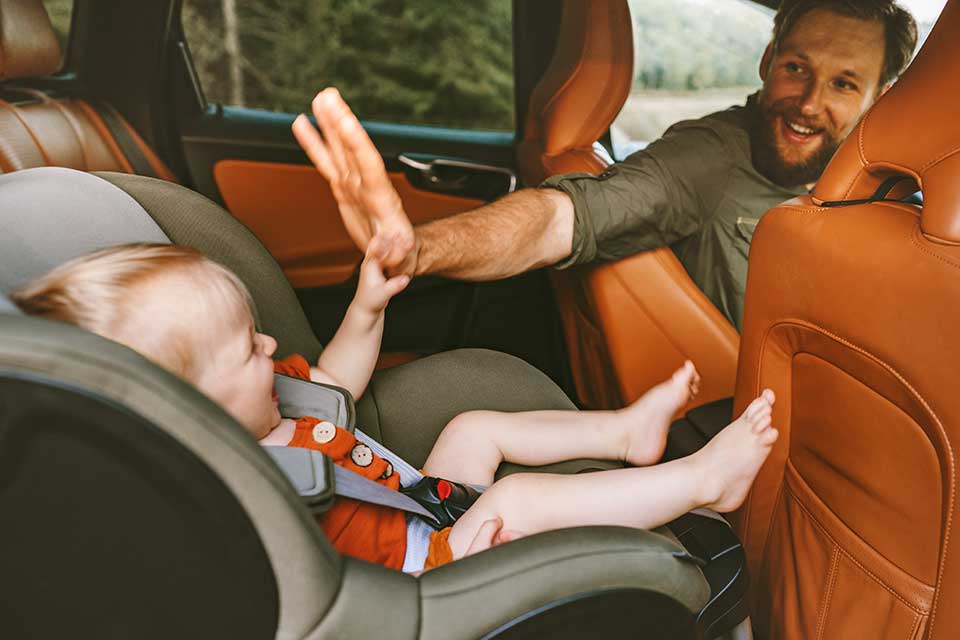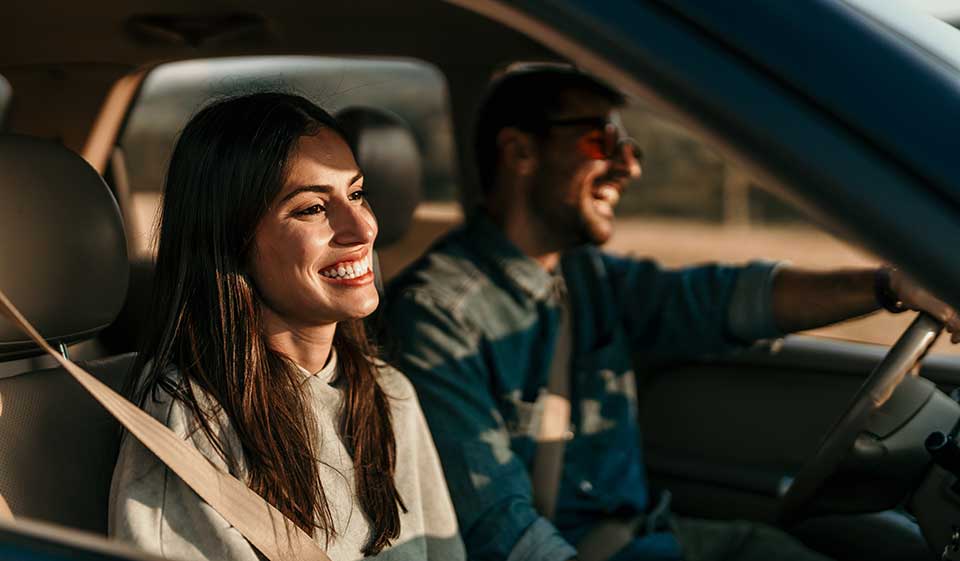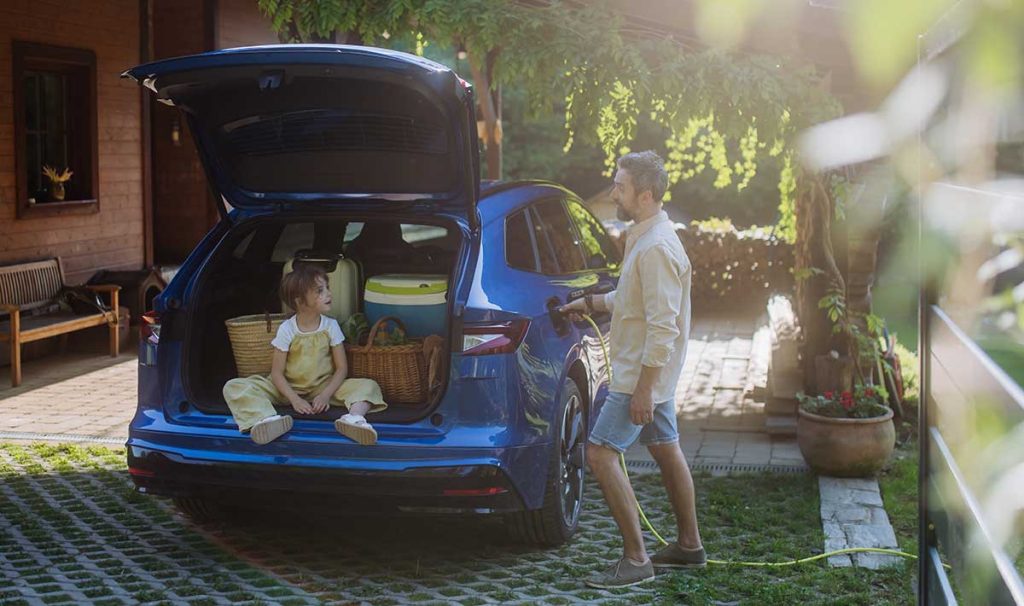Simply explained
This short video provides a simple explanation of buying a car with PCP (Personal Contract Purchase) finance and how it works.

What is it?
A Personal Contract Purchase (PCP) is a flexible finance product which gives you a range of options at the end of your agreement.
How it works
When buying a car with PCP finance, at the start of the agreement you decide the size of any deposit you put down. You also set the term, and the miles you expect to do each year. All this decides your monthly payments. It also determines the cost you defer and pay at the end of the agreement, known as the optional final payment or a balloon payment.
At the end of the agreement, you can either:
- Keep the car: simply make the optional final payment and the car is yours.
- Return the car: you’ve nothing more to pay if the vehicles in good condition and you’ve only done the miles you agreed.
- Renew your car: trade in your current vehicle to pay off the optional final payment, select a new vehicle, and use any remaining value as a deposit for your next car.


Why buying a car with PCP finance could be right for you
- Lower monthly payments because the optional final payment is due at the end of the agreement.
- Fixed interest rate. So you can pay the same amount each month for the whole agreement (excluding the final payment).
- Variety of options available at end of the agreement.
- Tailored to how long you want keep the car for, and how many miles you do.
More you should know
- If you decide to return the car and you go over the estimated annual mileage, you may need to pay an excess mileage charge.
- If you have not kept the vehicle in reasonable condition for its age and mileage you may be charged a refurbishment cost. These costs are in line with British Vehicle Rental and Leasing Association (BVRLA) guideline. You can find out more information here.
- If you’re a limited company, PLC or limited partnership, we can’t offer you this agreement.
- At the end of the agreement, it’s possible there may not be any equity in the vehicle (the difference between the final payment and the value of the vehicle).
- A higher deposit means you will have lower monthly repayments. However, it will not change the final payment which is set at the start of the agreement, or the valuation at the end of the agreement.
This type of agreement is covered by the Consumer Credit Act 1974, which means:
- You can pay off lump sum amounts during the agreement.
- You can settle the agreement early by repaying the required amount.
- You have the right to terminate the agreement early through Voluntary Termination.
Following an accepted application, Santander Consumer will fulfil your Personal Contract Purchase as a Conditional Sale agreement. What does this mean?
Conditional Sale: The agreement is secured against the vehicle. If you do not keep up your repayments, we may take steps to recover the money that you owe us, which may include repossession of the vehicle. Only when all payments under the agreement have been made do you become the owner of the vehicle.
